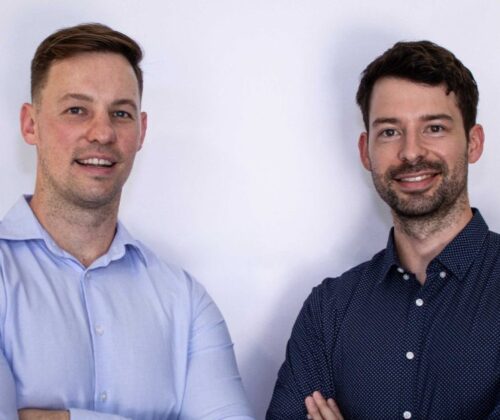
In South Africa, where WhatsApp is the leading social media platform, the app is evolving from a basic messaging tool into a powerful medium for data collection and community engagement.
Tregter, a Cape Town-based startup founded in 2019, is leveraging WhatsApp chatbots to streamline data gathering for research and development initiatives, particularly in underserved rural communities. “Chatbots offer a dynamic solution for data collection,” explains Ferdinand Steenkamp, Co-founder of Tregter. “We have supported several organizations in building chatbots, whether for distributing information to clients or for more efficient data collection.”
Among Tregter’s notable collaborations is its pro bono partnership with the Do More Foundation, an organization committed to improving the lives of children in South Africa’s marginalized areas. Through a WhatsApp-based chatbot, Tregter assists the foundation in collecting crucial data on early childhood development across rural regions, enabling scalable and efficient data collection that directly informs impactful interventions.
To maximize the value of the data collected, Tregter pairs its WhatsApp chatbot solution with robust cloud and analytics platforms. “The chatbot operates as a hybrid model, combining WhatsApp’s widespread accessibility with a secure cloud backend that handles large volumes of data,” says Steenkamp. “We’ve also developed an analytics platform that allows researchers to visualize and interpret the data in real-time.”
This innovative approach showcases how chatbots can break traditional barriers to research in remote areas where access to technology and services is often limited.
Tregter operates within an increasingly competitive sector. There are over 40 chatbot-focused startups in South Africa, with approximately three new companies launching each year, according to Tracxna data. While many of these chatbots focus on customer service, sales, and scheduling, Tregter is carving out a niche in data-driven research solutions for rural communities.
With WhatsApp used by around 40% of South Africans, its chatbots offer an unmatched reach, making it an ideal platform for organizations aiming to engage broad and diverse populations, especially in rural areas. “Before chatbots, data was collected manually — a labor-intensive process prone to errors,” Steenkamp notes.
By automating data collection via chatbots, Tregter has dramatically improved data accuracy and reduced turnaround time for insights. “We’ve seen immediate improvements in data quality and significantly reduced the time from data collection to actionable insights. Our system includes built-in validation, ensuring data is accurate and instantly accessible,” Steenkamp adds.

Looking beyond research, Tregter believes WhatsApp will play a central role in the future of customer and community engagement. “WhatsApp is on everyone’s phone,” Steenkamp says. “Instead of companies spending millions building custom apps that people may never download, using WhatsApp makes services accessible — even on low-cost phones with limited storage.”
As Tregter continues to grow, security and privacy remain a priority. The company emphasizes cloud-based solutions to enhance security and streamline data management. “Cloud migration offers stronger security frameworks and controls. It’s not secure by default, but you get much better tools to secure your data,” Steenkamp explains.
Unlike many startups chasing rapid funding, Tregter is bootstrapped, focusing on refining its product and achieving market fit before seeking external investment. “We don’t believe in taking money first and figuring things out later,” Steenkamp says. “Our priority is building something that works and delivers real value.”
Currently, Tregter is developing a SaaS platform to make its solutions available to a broader market, reflecting its commitment to scaling responsibly. While global trends point toward AI, voice assistants, and AR, Tregter remains focused on technologies that align with Africa’s realities, emphasizing practical solutions over hype. “We have to understand our customers and ensure that technologies are adapted to work within the African context,” Steenkamp emphasizes.
By leveraging familiar platforms like WhatsApp, Tregter is bridging the digital divide, helping organizations reach communities that might otherwise be excluded from digital services. “People know how to use WhatsApp, so there’s an immediate connection that helps overcome digital literacy barriers,” Steenkamp concludes.
As Africa’s digital transformation accelerates, Tregter’s innovative use of WhatsApp chatbots for data collection stands as a powerful example of technology driving social impact.


